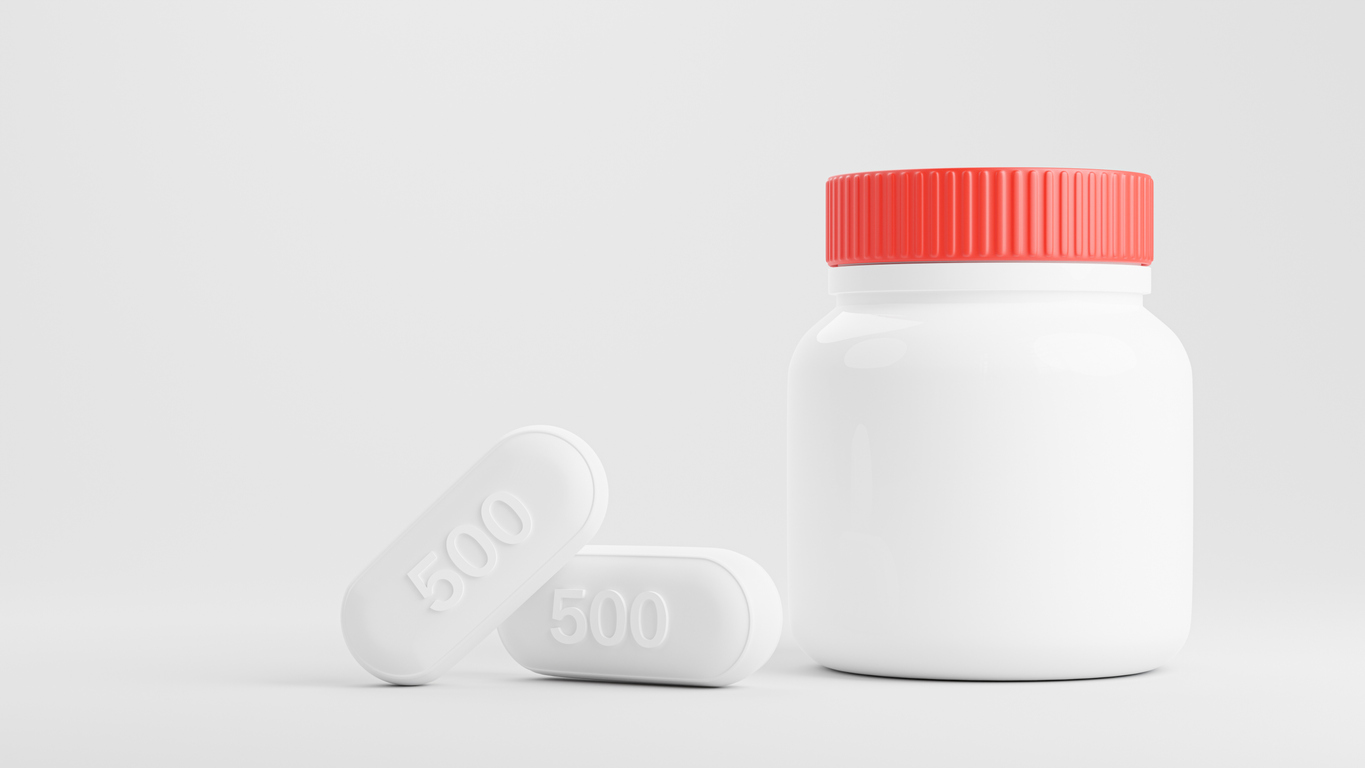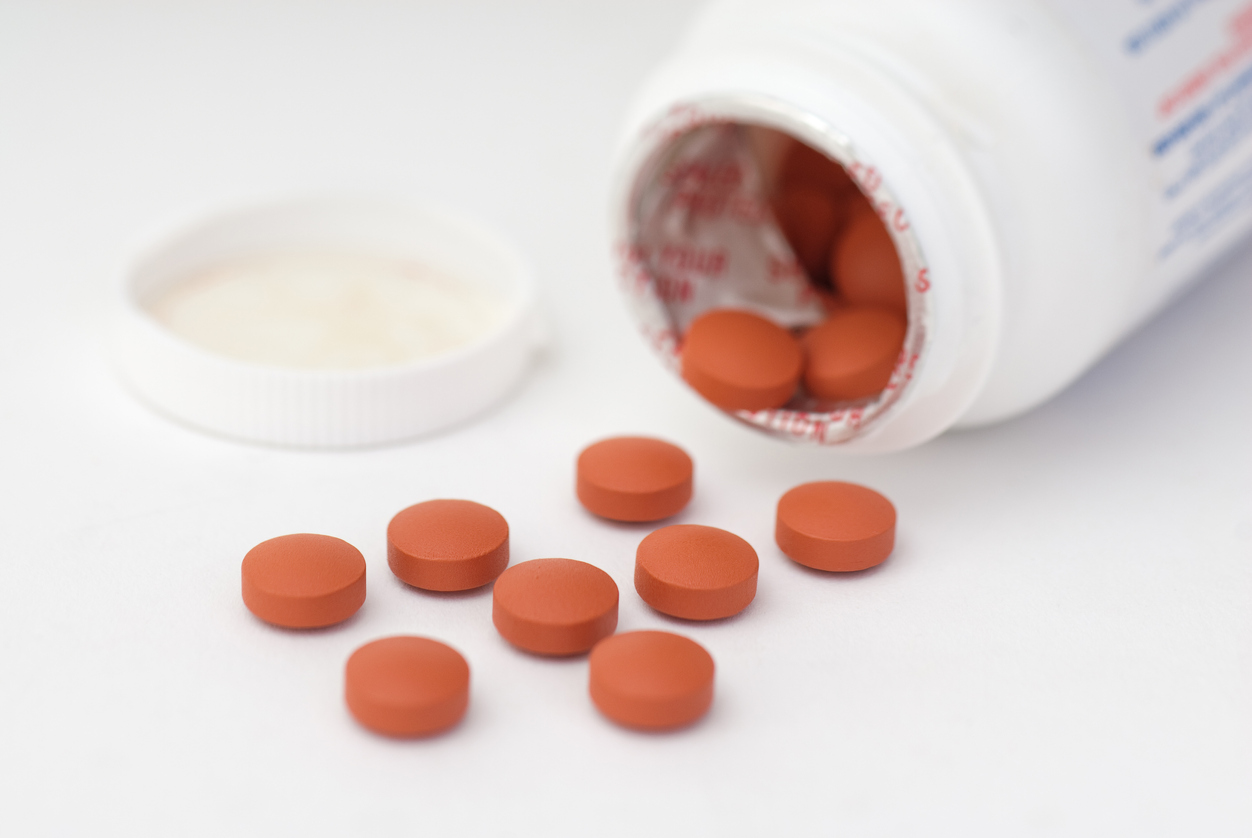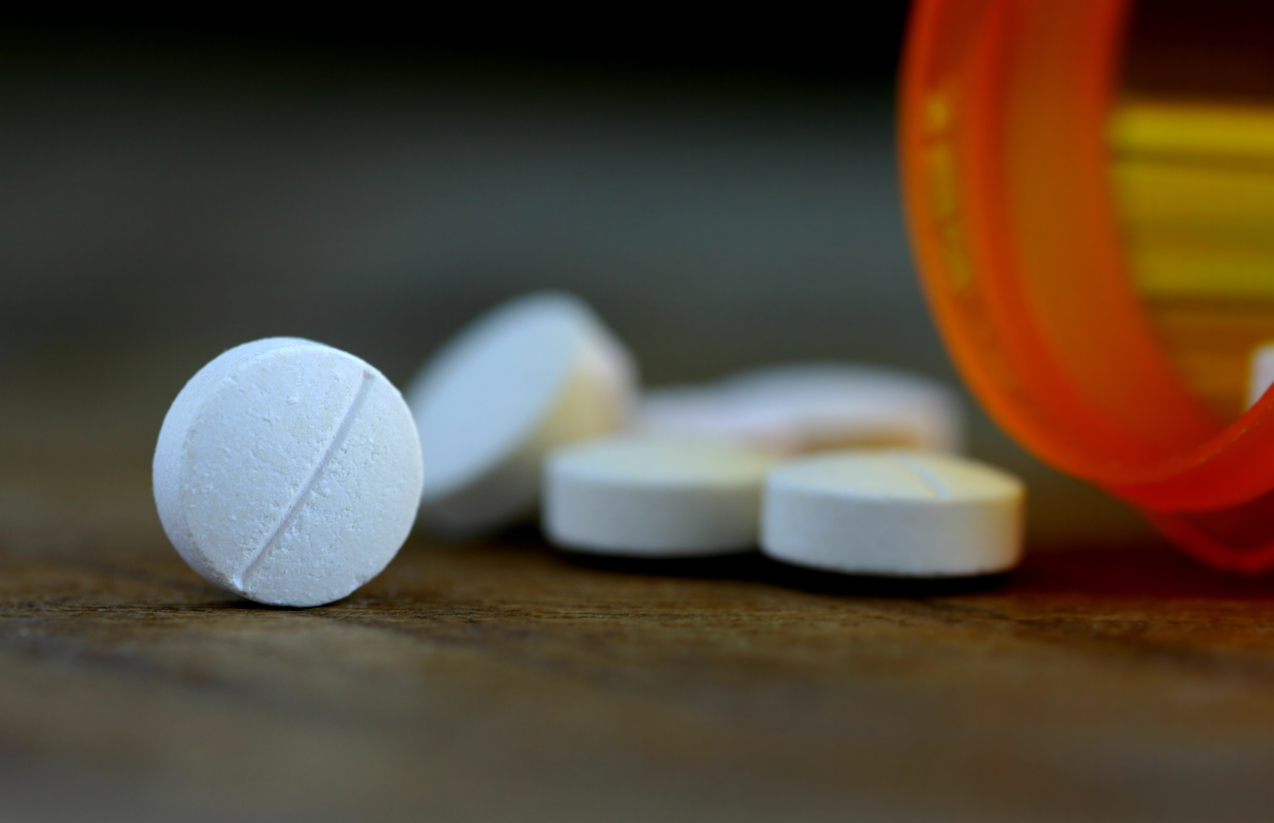Pharmacists Wish You’d Stop Taking These 5 Medications
Over The use of over-the-counter (OTC), drugs is extremely common. According To the Pharmacy TimesNearly nine in ten U.S. adults use OTC medications on a regular basisThis adds up to 260,000,000 users. And OTC drugs are so easily accessible and easy to find, it can be difficult to remember that they exist. come with hazards Both the advantages and the disadvantages. Prescription They are still medications and should be used with care, regardless of whether they are prescribed.
Overuse This is just one of many. risks associated with OTC medications: Even Negative effects or interactions can occur when you take the recommended dosage of a common drug, such as acetaminophen. And OTC drugs are also available. even have interactions Other OTC medications. In Additionally, self-medicating with OTC drugs can lead to discomfort that may not be recognized as a serious problem. That’s Why pharmacists recommend caution when using OTC meds. Read Click here to learn about five more.
READ THIS: Never Take These 2 Common OTC Medications at Once, Experts Warn.
While Although laxatives can be used to treat occasional constipation, they are not considered to be dangerous.If Neglecting to follow the prescribed treatment duration may result in prolonged treatment. [laxatives] It can lead to complications such as weight loss. and possible damage Structures in the intestines responsible to digestion and absorption of nutrients.” Kashmira Govind, PharmD, a pharmacist For the Farr Institute.
Laxatives You can also interact with other medicationsThe warnings are here Mayo ClinicIt can be dangerous. “if constipation is caused by a serious condition, such as appendicitis or a bowel obstruction.”

You You may not think twice about popping a Tylenol (One popular brand of Acetaminophen) to reduce pain or lower fever. But It’s important to be cautious with OTC drugs that are well-known and commonly used.
“If you take [acetaminophen] often, and with alcohol, it could cause liver damage,” Govind says. According To Harvard HealthThis is because “The The majority of acetaminophen is broken down in the body in a normal dose It is eliminated in the urine. But Some of the drug is converted to a toxic byproduct which is toxic for the liver.” When If taken in excess, or over a prolonged period of time they explain that this can result in a toxic load that your body cannot handle.

NonNSAIDs (non-steroidal anti-inflammatory drug) are another type. They can cause severe side effects if taken too often.
“NonNSAIDs such as -aspirin can increase your chances of getting a heart attack. heart attack or stroke“Warning! Cleveland Clinic. “This risk may be greater if you have heart disease or risk factors (for example, smoking, high blood pressure, high cholesterol, diabetes) for heart disease.” The site increases the risk “can occur early in treatment and may increase with longer use.”

Aspirin It has been used for centuries to treat fever and pain, as well as to manage cardiovascular problems. But The Food Drug Administration (FDA) warns: “Every Both prescription and over-the counter medicine are available benefits and risks—even such a common and familiar medicine as aspirin. Aspirin Use can lead to serious side effects, such a stomach bleeding, bleeding in your brain, or kidney failure.
“We Since then, we have learned that aspirin may be an effective primary prevention tool in controlling hypertension and high blood cholesterol. only minimally beneficial “A higher risk of bleeding, especially in older adults.” Boback ZiaeianUCLA: Submitted by, MD, PhD Health—although the site adds that “this new advice applies only to primary prevention in people without known cardiovascular disease.”
For More health news delivered directly to your inbox sign up for our daily newsletter.

Because They are so accessible that many people don’t realize the dangers of taking dietary supplements. But According to a study published in the New England Journal Of Medicine, “An Estimated 23,000 emergency department visits in this country United States Each year, they are attributed to adverse events Related to dietary supplements
“Dietary supplements can often interact with prescription medication you may be taking,” Govind warns. “For example, St John’s Wort This is often sold as an ‘natural’ remedy for many conditions like depression, menopausal symptoms, etc., may interact with medications like antidepressants, oral contraceptives, etc.”
If If you have any questions or concerns regarding OTC medications that you are using, talk to your pharmacist or primary care provider.
" Conservative News Daily does not always share or support the views and opinions expressed here; they are just those of the writer."




Now loading...